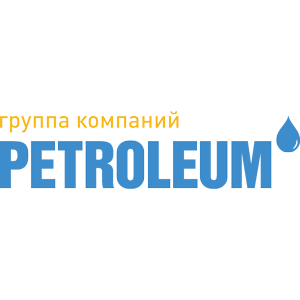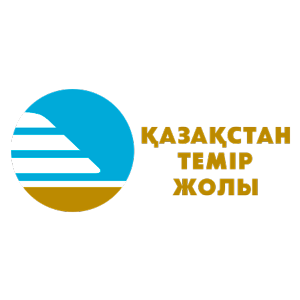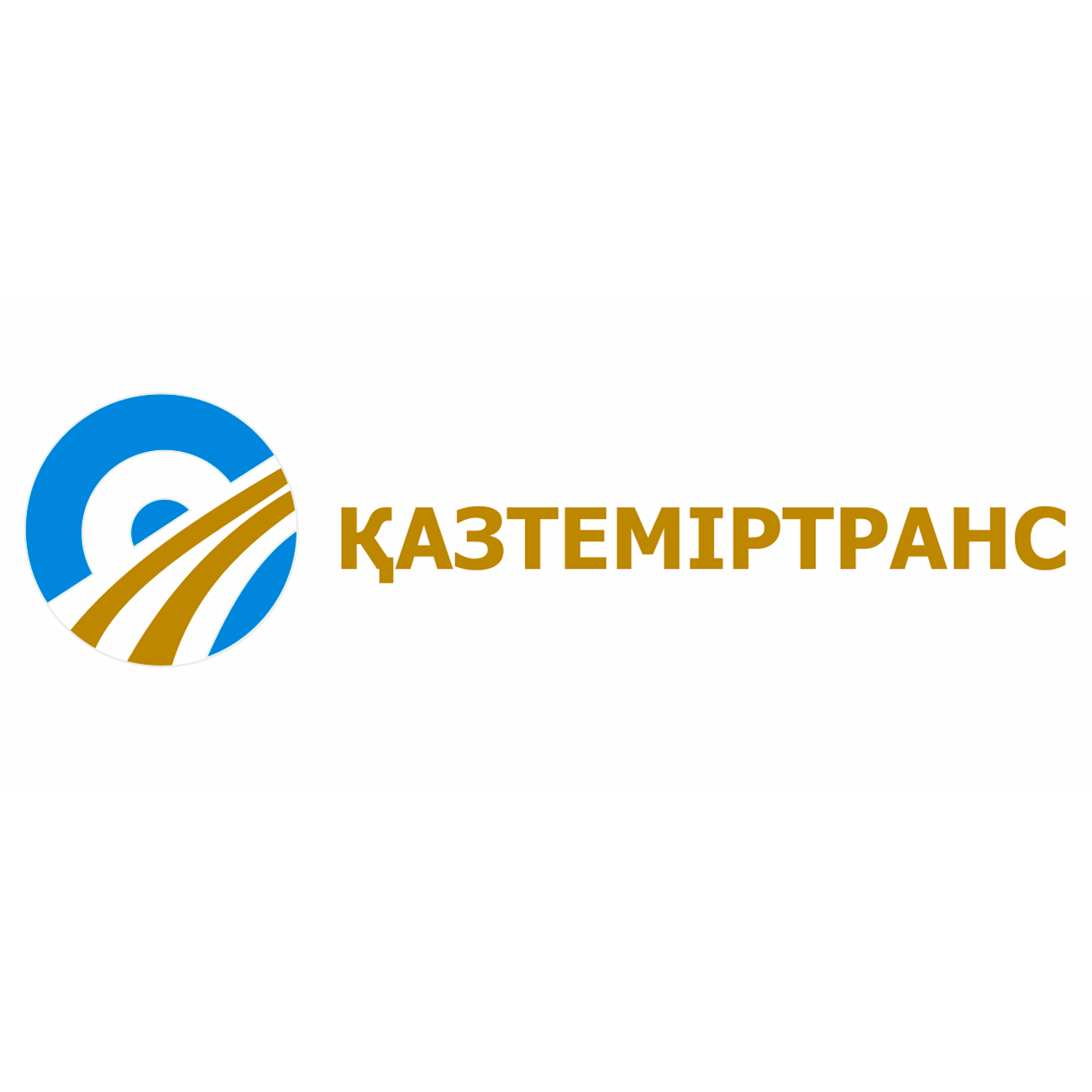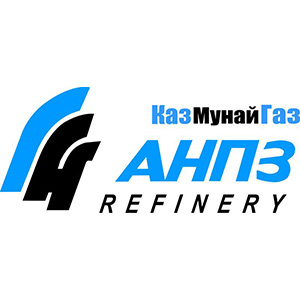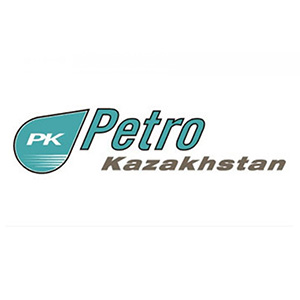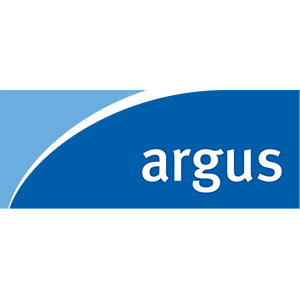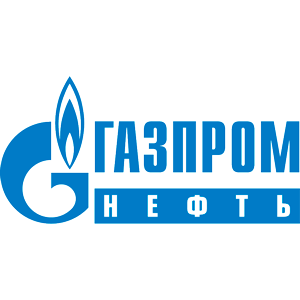Our strategy is to search for infrastructure bottlenecks, the expansion of which can change the carrying capacity and throughput of the entire route, Timur Karabaev, Chairman of the Management Board of PTC HOLDING LLP, told the Russian Railways Partner at the TransRussia International Exhibition of Transport and Logistics Services.
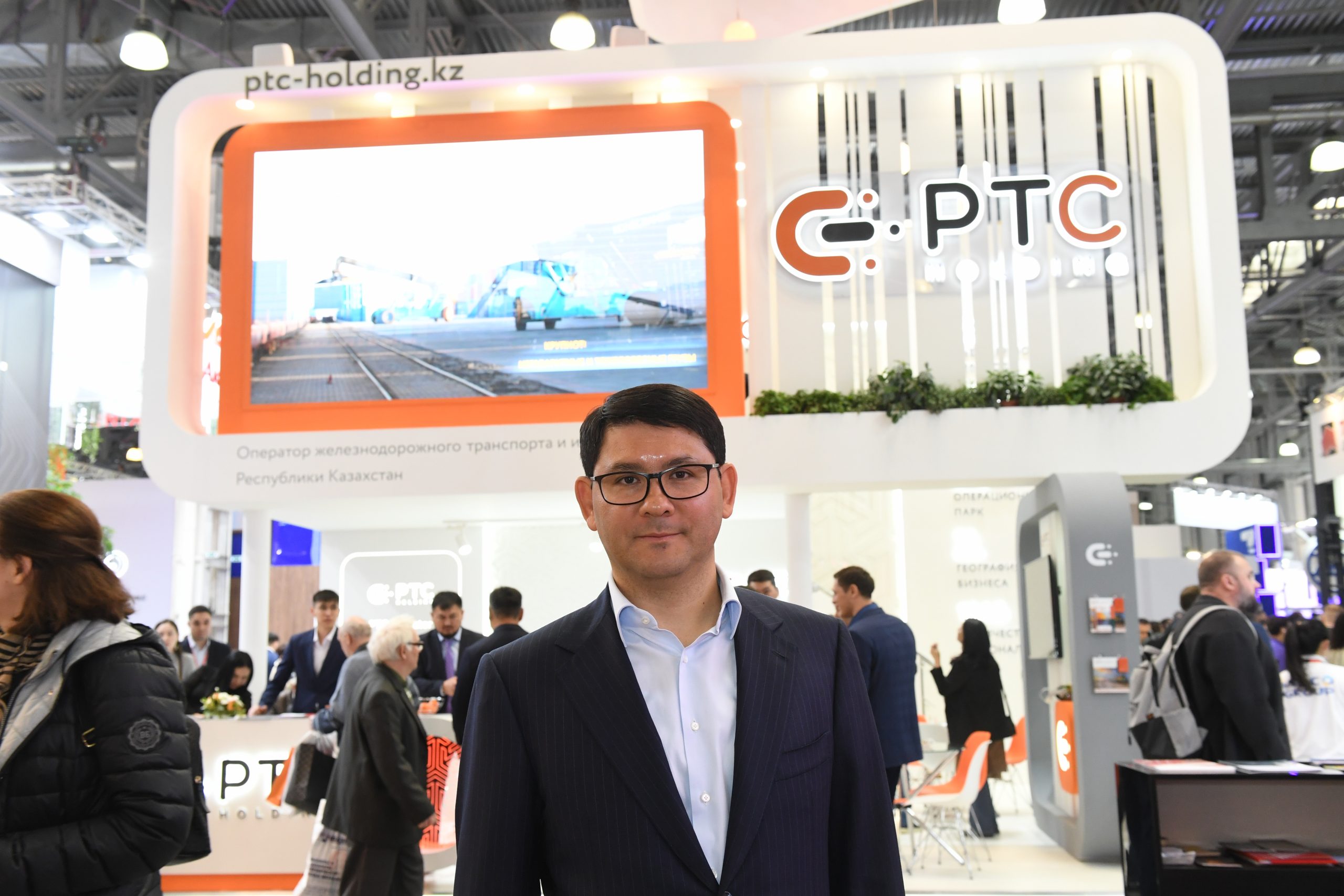
– Timur Zhumartovich, how much money the company intends to invest in logistics. And in general, why should private business do this, because these are the tasks of the state – to develop the backbone infrastructure?
– I agree, the backbone infrastructure is being built by the state. But logistics can and even should be developed by a private business. In particular, it is private business that is able to provide already built railway routes with platforms where unloading and loading container terminals are located, cranes are working, business should bring modern wagons and containers to the network. Such a decision from the business will support and even increase the cargo flow. We see our task like this. But I can’t name the volume of investments yet.
– Over the past five years, PTC HOLDING LLP has moved away from cargo transportation. Now you are a diversified holding company that invests in the development of routes, including in China, Turkey, and Uzbekistan. What for?
– Transportation within the 1520 gauge is our traditional business. We have remained the largest operator for the transportation of oil and petroleum products. But today we see that the logistics world is more global than the organization of transportation along the 1520 gauge. We are geographically located in Kazakhstan. It is clear that goods from China to Europe and back are in transit through the country, and it would be stupid if we did not develop in this direction.
So, why did we come to Shanghai? The main goal is to pick up the cargo from the manufacturer and transfer it to the consignee at the most attractive price. China is forming a huge cargo base. But only 3% goes through the railway network, most of it by sea. And this means that it is necessary to be there to monitor this process. It is necessary to open an office in China, because this is the only way to work with shippers directly. And we must not forget about language barriers, national legislative differences.
Why Tashkent? About 60 million people live in Central Asia, and most of them live in Uzbekistan. And this is a transit territory for the passage of goods to Tajikistan and Afghanistan. This means that this country should have a large multimodal center where modern warehouse technologies are implemented. It is good if this multimodal center will be based on Kazakh capital. We are moving in this direction.
Why Turkey? It is a maritime power, and it is a reference point on long–distance routes. The country has deep-water ports, this cannot be said about the ports of Georgia, for example. The economy is growing in the country, and this is one of the consumers of products from Kazakhstan, and it is a large shipper of a wide range of goods, including consumer goods. Turkey is the place where you need to be present, here you need to be constantly in touch with the shipper. We are opening a sales window. Turkey fits well in TMTM.
– If you have already started talking about the Trans-Caspian International Transport Route (TMTM or Middle Corridor, Middle Corridor), how much do you estimate the demand for this direction?
– The year 2022 turned out to be difficult. Due to the current geopolitical situation, some traditional routes have ceased to be in demand, a number of them have completely closed. It probably won’t get any easier in 2023, but I must say that there is a unique situation in logistics: the routes that were used to transport goods from Korea and Japan to Kazakhstan, Uzbekistan, Kyrgyzstan are no longer in demand. And the demand for the Trans-Caspian International Transport Route, as an alternative method of cargo delivery, has become stable. However, the movement of goods in Russia has also changed: the prioritization of cargo transportation has changed, delivery times have changed, in some cases we fix an increase in delivery times.
– I do not know a single shipper who would be satisfied with the delivery time of goods…
– There are none in Kazakhstan. If the car is traveling slowly, or it is being set aside from traffic, then the cargo owner has a shortage of rolling stock. It brings new rolling stock to the network. An increase in the fleet on the network leads to even greater congestion, and an overloaded network further increases the delivery time. Previously, an abandoned train was an out–of-the-ordinary event, but today it is an ordinary event.
The increased volume of rolling stock leads to the deterioration of the railway infrastructure. Kazakhstan Temir Zholy, the national railway operator of Kazakhstan, includes an increasing number of sections in capital and scheduled repairs. There are technological windows in which neither freight nor passenger trains can go. The entire train schedule is being rebuilt. The passenger ones, of course, have priority, then the containers, and then all the others. I don’t think we will pass 2023 easily.
– Which routes can you call the most active?
– The northern route. It unites Russia, Kazakhstan and Belarus. The company OTLK-Era stands on it. The volume of cargo traffic here has grown during the pandemic, but now we see a decrease. Surprisingly, the direction to Moscow has grown by this share. In fact, the transit that goes through Kazakhstan has not changed in any way in terms of cargo flow, just the direction has changed. Now the Moscow direction is most in demand. This is the fastest, most efficient and convenient transit route for cargo from China to Europe. And here are the most convenient rates. The Trans-Caspian International Transport Route cannot yet provide tariffs that could compete. First of all, because of the geography of the corridor. It runs through China, Kazakhstan, the Caspian Sea, Azerbaijan, Georgia and further to Turkey and European countries. Secondly, there are cargoes along the corridor that implement multimodal transportation: sea, railway, auto. It is clear that the costs are higher here, because freight and port charges appear. And most importantly, the Northern route of OTLK offers loading in both directions: from China to Europe and in the opposite direction. In this case, the shipper receives an attractive price.
TMTM cannot give such a tariff yet. The route needs strong partners who will be able to form and consolidate cargo, supply fitting platforms and bring them in the opposite direction.
– Are you also investing in the construction of ports in Georgia?
– It’s probably too early to talk about it yet. But yes, there is a groundwork for Georgia. But we are still working on this issue. The Black Sea ports of Georgia can become part of the TMTM, here is the end point of the TMTM corridor. And the cargo flow along this route also depends on business.
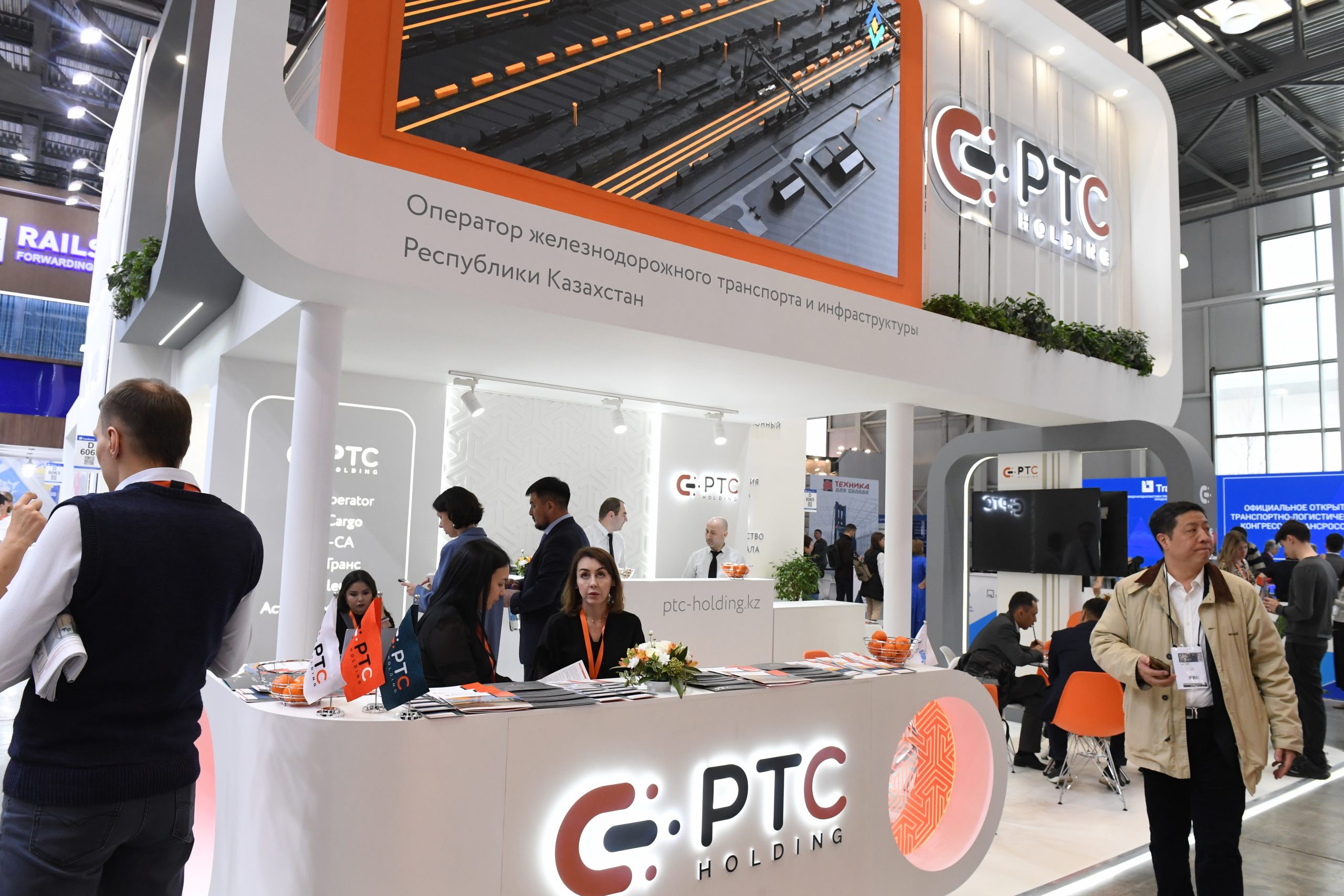
https://www.rzd-partner.ru/logistics/interview/biznes-dolzhen-investirovat-v-logisticheskuyu-infrastrukturu/
 010000
010000 Astana, 18 Turan Ave
Astana, 18 Turan Ave Astana, 18 Turan Ave
Astana, 18 Turan Ave Astana, 18 Turan Ave
Astana, 18 Turan Ave 123112
123112  100015
100015 ![]() China, Shanghai Pudong New Area No. 1168 Century Avenue Dongfang Financial Plaza
China, Shanghai Pudong New Area No. 1168 Century Avenue Dongfang Financial Plaza![]() Кыргызская Республика 720011, город Бишкек Первомайский район, ул. Раззакова, д.32
Кыргызская Республика 720011, город Бишкек Первомайский район, ул. Раззакова, д.32![]() Грузия, г.Поти ул. Хоби № 7
Грузия, г.Поти ул. Хоби № 7



